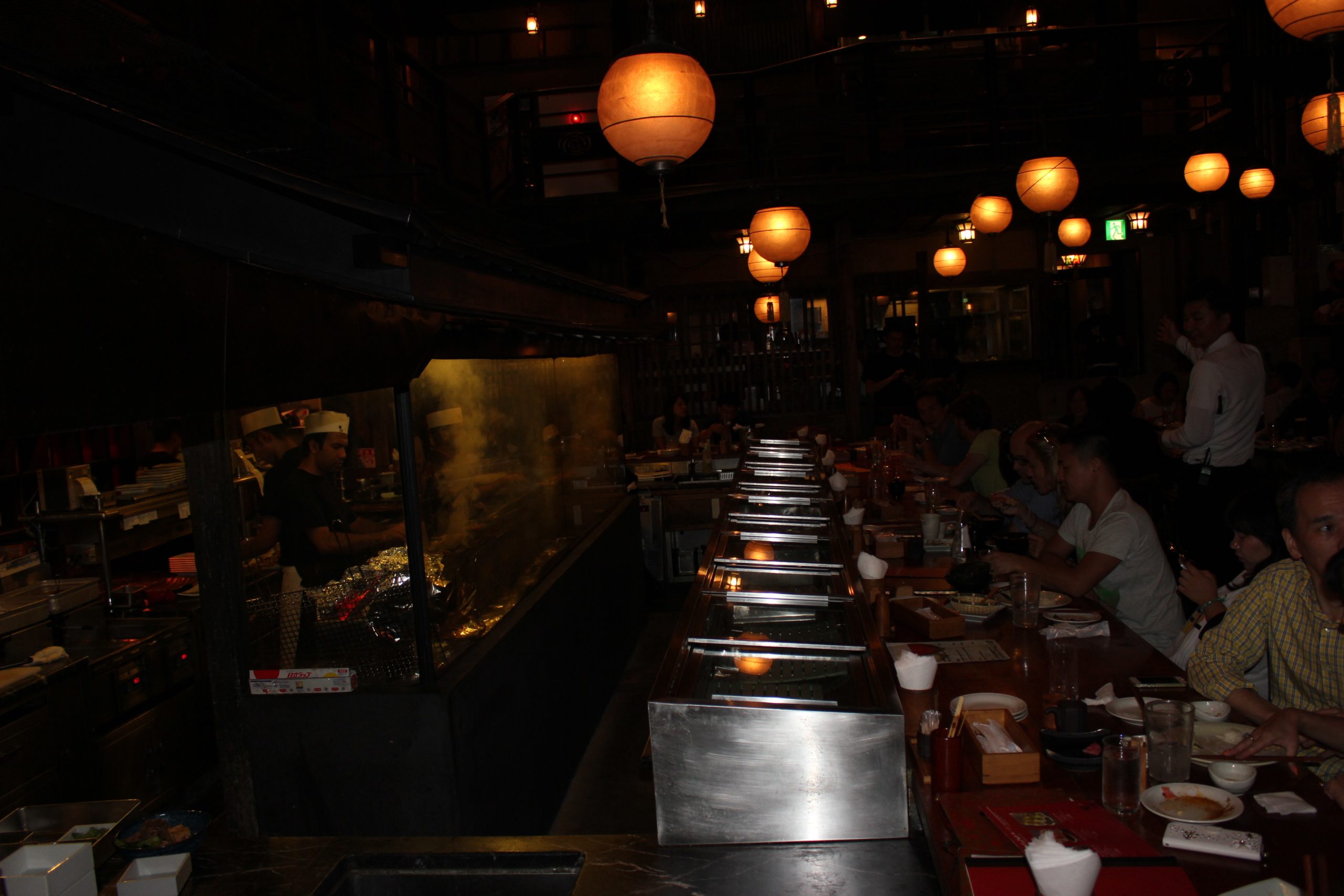
In keeping with the holiday season, this time we are going look into the role of religion in Japan and explain whether Christmas is celebrated in Japan.
Religion in daily life
Many Japanese take a pragmatic approach to religion and may draw on customs from multiple traditions, especially when a ritual is associated with a concrete benefit, such as good luck, success, or happiness. Before a university entrance exam, for example, students often visit a Shinto shrine to pray for support. For other purposes, people may turn to a Buddhist temple.
At the same time, many Japanese will say they are “not religious.” If you ask more closely, however, you will find that large numbers still take part in religious customs, especially at key moments of the year. A well-known example is the first shrine visit of the year, when many people go to a Shinto shrine on January 1 to pray for good fortune and blessings in the months ahead.
From this perspective, the underlying attitude might sound like this: “I’ve followed these customs since I was a child. I don’t know whether gods really exist, but to be on the safe side, I’ll keep taking part in these beloved traditions.”
Rituals like these play a major role in everyday life in Japan and are often practiced as a natural part of the annual rhythm, without much questioning.
Christmas time in Japan
Christmas is also celebrated in Japan, although the percentage of Japanese Christian among the total population is only around 1% as most Japanese are Shintoists and Buddhists. In Japan, however, it is not a decidedly religious festival, but a seasonal occasion during many shops are adorned with Santa Claus imagery as well as Christmas trees and stars.
For all non-Christian Japanese, Christmas Eve does not bear importance as the "birth of Jesus Christ". Therefore, December 25th is not a holiday either but completely different traditions have developed instead.
Here is one example, the Japanese associate Christmas with things like a romantic dinner at Kentucky Fried Chicken (KFC).
Many families, but also couples, flock to the KFC branches during this time. (there are lots of Christmas-themed meals with sparkling wine and chocolate tarts)
As a result, Kentucky Fried Chicken has about 1/3 of its annual sales around Christmas Eve in Japan.
What many Westerners find surprising about this tradition is that it was actively created by marketing. In Japan, Christmas had long existed but lacked widely shared, established customs for most people. In 1974, KFC Japan rolled out a nationwide Christmas campaign (often rendered in English as “Kentucky for Christmas” and associated with slogans like “Christmas is Kentucky”), positioning fried chicken as a festive substitute for the “traditional” Christmas roast meal.
The message spread quickly, and over time it helped cement a simple association in the public imagination: Christmas equals KFC.
To this day, in Winter there is a lot of TV advertising for KFC with a Christmas theme.
Due to its popularity, you might have to reserve a table a few weeks in advance or face long queues if you want to eat at KFC with your loved ones.
What about gifts?
In Japan, gift-giving at the end of the year is often less about Christmas in the Christian sense and more about relationship maintenance. Many people offer small gifts and carefully designed cards to colleagues, business partners, or their children’s teachers as a way to express appreciation for support over the past year. The underlying purpose is frequently practical and social: to acknowledge help received, to signal reliability, and to keep interpersonal ties in good condition.
One more thing: borrowing from other cultures goes both ways...
Of course, cultural borrowing is not unique to Japan. Traditions, symbols, and rituals travel, and once they enter a new context, their meaning can shift.
A Japanese expatriate who attended a JCO session recently shared a moment of culture shock. At a local hardware store, she saw small Buddha statues marketed as garden decorations, displayed in a large pile and labeled with a neon “Special offer! Now only € 5.95.” In her eyes, the presentation felt jarring because the statues were treated like casual seasonal items, similar to a garden gnome.
The episode is a useful reminder: objects associated with faith can be interpreted very differently depending on cultural context. What one culture treats as sacred and carefully handled, another may treat as decorative, humorous, or purely aesthetic, usually without intending disrespect.
Happy holidays!





